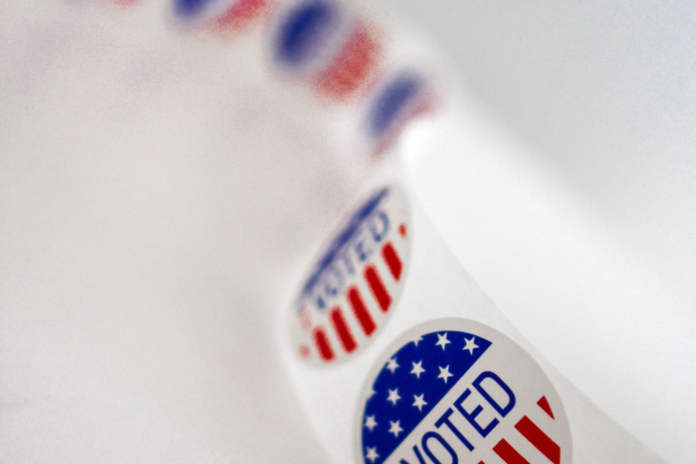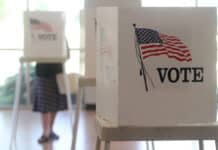In Minneapolis, absentee ballot review boards are being stacked with bureaucrats instead of election judges. The problem is that Minnesota law appears to require those examining, accepting, and rejecting absentee ballots to be election judges who are both Republicans and Democrats.
This is especially important in a year that could see well over a million absentee ballots cast in Minnesota, due to concerns about the coronavirus and local efforts to make the use of absentee ballots more widespread.
The problem isn’t unique to Minneapolis, but the voting-rights group Minnesota Voters Alliance (MVA) has just launched a suit in Hennepin County District Court against the city to change the practice, and require the city to use election judges from lists submitted by the major political parties in Minnesota.
According to MVA, “For years, Minneapolis has used city clerk staff to do the critical function of examining absentee ballot envelopes and deciding which ones are to be rejected and which are accepted. The law, however, requires the ballot board to be comprised of election judges from lists submitted by the four major political parties. The city simply ignores the law, uses insiders to accept and reject ballots, and avoids any outside scrutiny over its handling of mailed-in ballots.”
Franken vs. Coleman
The law that requires party-balance in election judges, when examining absentee ballots, was passed in 2010 by an almost-unanimous state legislature. The push for that law—203B.121—stemmed largely from the 2008 U.S. Senate election between Al Franken and Norm Coleman. Initially, Coleman, the Republican, was declared the winner. After a recount, in which lawyers on both sides rushed to Minnesota, Franken was declared the winner by a mere 312 votes. Later analysis found that over 1,000 ineligible felons cast votes in that election, and there was much controversy over the absentee ballots that were accepted and rejected by election boards.
It is likely that felons who are ineligible to vote under Minnesota law aren’t the only fraudulent voters in Minnesota elections. Registered voters can also be ineligible—and thus wrongly registered—due to lack of citizenship, because they are deceased, or due to several other issues.
In fact, if Minnesota has a big voter fraud loophole, it is the state’s absentee ballot system, and voter-registration system that had at least 26,000 voters in 2016 cast ballots, even though there was reason to doubt these voters’ eligibility to vote (the 26,000 voters had a “challenged” voter-status).
A growing trend of ignoring election law
It is concerning, then, that Minneapolis appears to have flouted the law set forth in 203B.121. It is also concerning that the Democratic Secretary of State, Steve Simon, appears to be encouraging and allowing other municipalities to do the same. In a separate suit, MVA has gone after Simon for writing an “administrative rule” that does away with the party balance requirement for both Republican and Democrat election judges.
It’s also concerning that the weakest area of Minnesota’s safeguards for the rights of voters—absentee ballots and the lax voter registration system—are also under attack by D.C. lawyers, who seek to further weaken the requirements surrounding casting an absentee ballot.
Comments on the Minneapolis suit
MVA and its allies note that Minneapolis, and cities like it, doesn’t appear to have an excuse. There are plenty of Republicans willing to serve as election judges. They say that Minneapolis, Simon, and other municipalities are simply not following the law.
According to MVA, “The City of Minneapolis has implemented a system that is contrary to the intent of the legislature and the will of the people, one in which they simply appoint city staff to accept and reject ballots behind closed doors without any citizen election judge oversight or party balance.”
The attorneys for MVA frame the case in terms of fairness. “The government has an obligation to the people of Minnesota to make sure the election process is lawful, trustworthy, beyond reproach, and transparent; Minneapolis simply must obey the law,” said MVA’s attorney Erick Kaardal.
MVA Executive Director Andy Cilek adds, “Minneapolis is not alone in its abuse of the law. The policy of Secretary of State Steve Simon has enabled jurisdictions throughout the state to do much the same as Minneapolis. As the state’s chief election official, he bears major responsibility for this systemic failure to protect mailed-in ballots from potential mistreatment.”
In other words, why not allow bipartisan election judges? What do these election boards have to lose by allowing more openness, and more oversight?

















